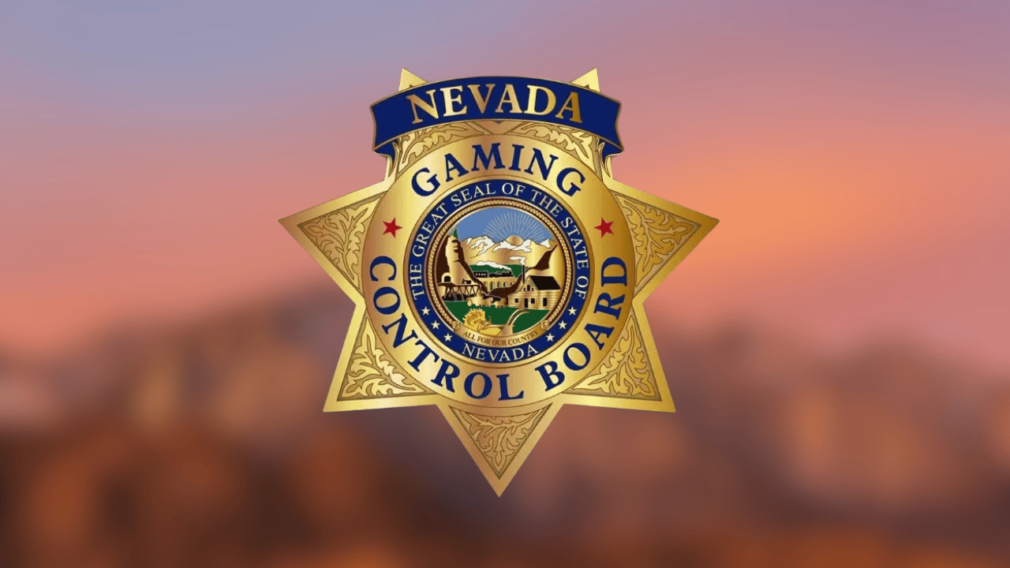Nevada Regulator Issues Warning on Prediction Markets to Licensees
The Nevada Gaming Control Board (NGCB) has issued a stern warning to its licensees regarding involvement in prediction markets. The regulator specifically cautioned casinos and sports betting operators against offering or partnering to offer Sports Event Contracts or other similar event contracts.

Wagers Versus Financial Swaps
The core of the NGCB’s directive is its legal stance on event contracts. The Board firmly classifies them as wagers subject to Nevada’s gaming regulations, regardless of how they are legally defined elsewhere.
The NGCB’s chairman, Mike Dreitzer, defined “other event contracts” to include wagers on the World Series of Poker, Esports, the Oscars, and political elections.
The NGCB argues that offering these products violates state law because prediction market firms, such as Kalshi, do not hold a nonrestricted gaming license or a sports pool approval in Nevada.
This creates an unmonitored system that bypasses state taxes and licensing fees. The NGCB explicitly stated in its letter that these contracts constitute gambling activity, even if a contract is traded on a federally regulated Commodity Futures Trading Commission (CFTC) exchange.
Risk to Suitability and Interstate Compliance
The warning extends beyond direct offering of the contracts. Any licensee that partners with a firm offering Sports Event Contracts puts its overall suitability to operate in the state in doubt. Engagement in this activity may lead to disciplinary penalties under the state’s Gaming Control Act.
The NGCB also extended its caution to cover illegal activity in other jurisdictions. Licensees could face penalties if they offer these contracts in another state or on tribal lands without adhering to local prohibitions or licensing rules. This is particularly relevant in the context of California, where several tribal entities are challenging the legality of prediction contracts offered in their markets.
The NGCB’s move mirrors warnings recently issued by regulators in other states, including Ohio, Arizona, and Michigan. This wave of state-level action highlights the growing conflict between state gaming regulators, who aim to maintain control over licensed wagering, and prediction market platforms leveraging federal financial product definitions.
Recommended
